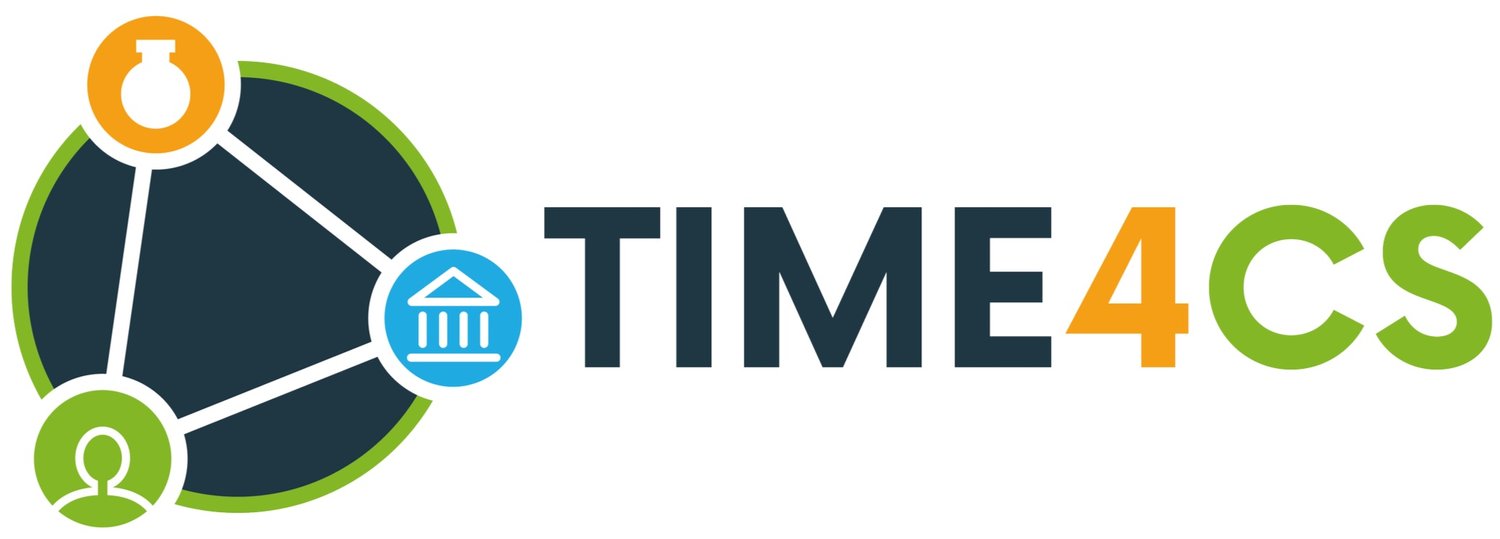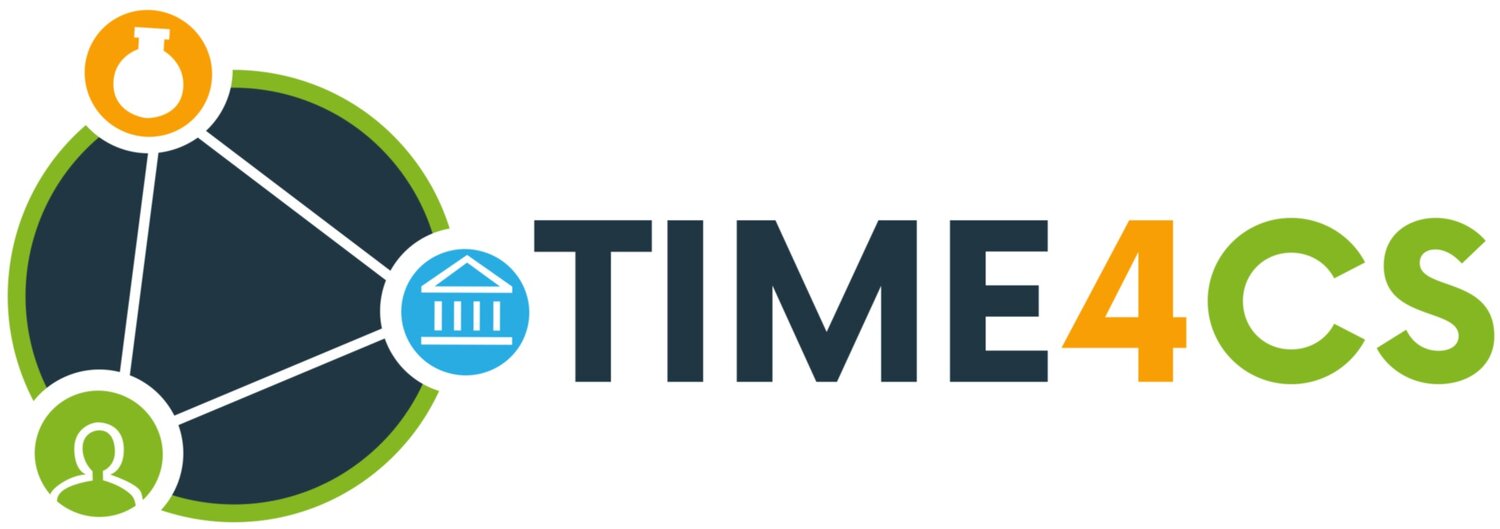Laying The Foundation For Sustainable Citizen Science At The CRG – Part III
Part I available here & Part II available here
The implementation of Citizen Science at the CRG is now in full development. After almost 11 months of development of the Grounging Actions (GAs), they are proceeding as expected. The policy and the guidelines are in the review phase, the new institutional Citizen Science website is on the way and a short session about Citizen Science to new PhDs was delivered in October this year (2022). However, the trainings for the other CRG communities are still in the design phase.
In order to share the status of the GAs and to look for a sustainable future of Citizen Science at the CRG, a second co-creation event with internal stakeholders was held mid-November. The stakeholders involved were the Head and Deputy Head of the Strategy and Funding department, the Head of the Training and Academic Office, the Head of the Communications & PR department and the Public Engagement Coordinator. The meeting was very fruitful not only to share with all the stakeholders the status of the current GAs, but also to think beyond the lifespan of the project in order to get the most of the actions in development and to ensure a sound sustainability for the near future.
With the aim of grounding this intention, and as part of the design of the Roadmap for the upcoming years, four new GAs were defined for the short, middle and long term.
Firstly, because of the strategy adopted by the CRG in order to support scientists to develop Citizen Science projects in new project proposals for funding calls (see article’s Part II here for more details on this strategy), a Citizen Science contact point will be appointed in the short term, during the lifespan of the project (before the end of 2023). This action is crucial for institutionalising even more Citizen Science activities at the CRG.
Secondly, discussions around the sustainability of the trainings for the CRG staff (GA2) lead to the definition of two more GAs for the middle term: including Citizen Science sessions in the mandatory course for new PhDs and other relevant training networks and elaborating an interactive Citizen Science course to be included in the CRG online training platform. These actions will lead to not only raise awareness amongst researchers about Citizen Science and to provide knowledge available at any time, but to institutionalise the methodology so that it is recognised as a regular one. These training activities are planned to be elaborated and delivered in the middle term, before the end of 2025, and intended to be continued also in 2026 and beyond.
Finally, an important action has been considered to implement in the long term (from 2026 onwards) due to its relevance for the institute and for researchers: exploring how to assess Citizen Science activities in researchers’ internal evaluations. This will reinforce and consolidate institutionally the efforts for implementing Citizen Science as a regular research methodology. In addition, it will encourage researchers to dedicate efforts to this methodology, especially at the beginning of its implementation, when the balance between allocated Citizen Science time and benefits gained from it is not that clear.
In conclusion, whilst 2022 has been the year for conceptualizing and developing the initial GAs, 2023 will be the year in which they will be disseminated and delivered. Nevertheless, Citizen Science at the CRG will not end with TIME4CS. Thanks to the new GAs, it is foreseen that Citizen Science will have a long and healthy life at the CRG.
Author: Marta Solis Mateos(CRG)

